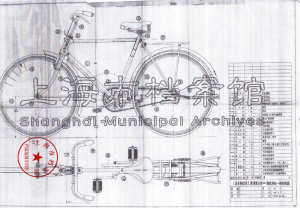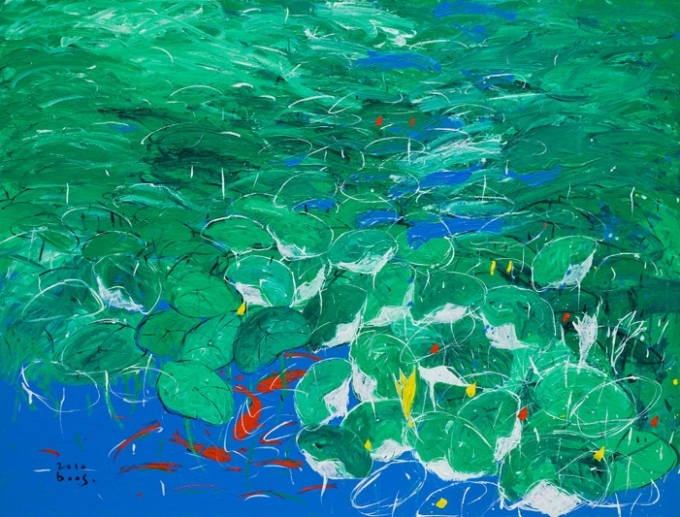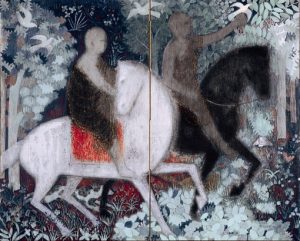The 28″ bicycle design pattern with specifications, by the Team of Inspection and Research
of the Shanghai Bicycle Manufacturer Association, 1955
Yujie Li (PhD Student in History)
“Birth of the Phoenix Bicycle: Socialist Firm Formation and Industrial Standardization in the Early PRC”
Friday, March 30th, 3-5pm in CEAS 319
Discussant: Spencer Stewart (PhD Student in History)
Please join us Friday (3/30) from 3-5pm as we host Yujie Li (PhD Student in History). She will present a paper to be incorporated into a larger research project. She summarizes the paper as follows:
This paper is a case study on the history of Socialist Transformation of Capitalist Industry and Commerce Movement (1953-1956). It examines how industrial standardization was enforced and achieved in the Shanghai bicycle industry before, during and shortly after the Socialist Transformation. By focusing on the bicycle, this paper sheds light on the technological objectives of machine-tool industries under the particular developing needs of the early PRC. The paper tries to provide a detailed account of the transformation of the Shanghai bicycle industry by probing into the entanglement of the political, economic and technological changes, and particularly, to illuminate private enterprisers’ tactics to find themselves a new position while coming into the Socialist system.
The paper is available directly below, or at this link. If you have not received the password, or have questions about accessibility, please feel free to contact Helina Mazza-Hilway (mazzah@uchicago.edu) or Susan Su (susansu@uchicago.edu).

 Cho Boo-soo, 수련 (Water lily), 116.8×91cm, Acrylic on Canvas, 2010.
Cho Boo-soo, 수련 (Water lily), 116.8×91cm, Acrylic on Canvas, 2010.